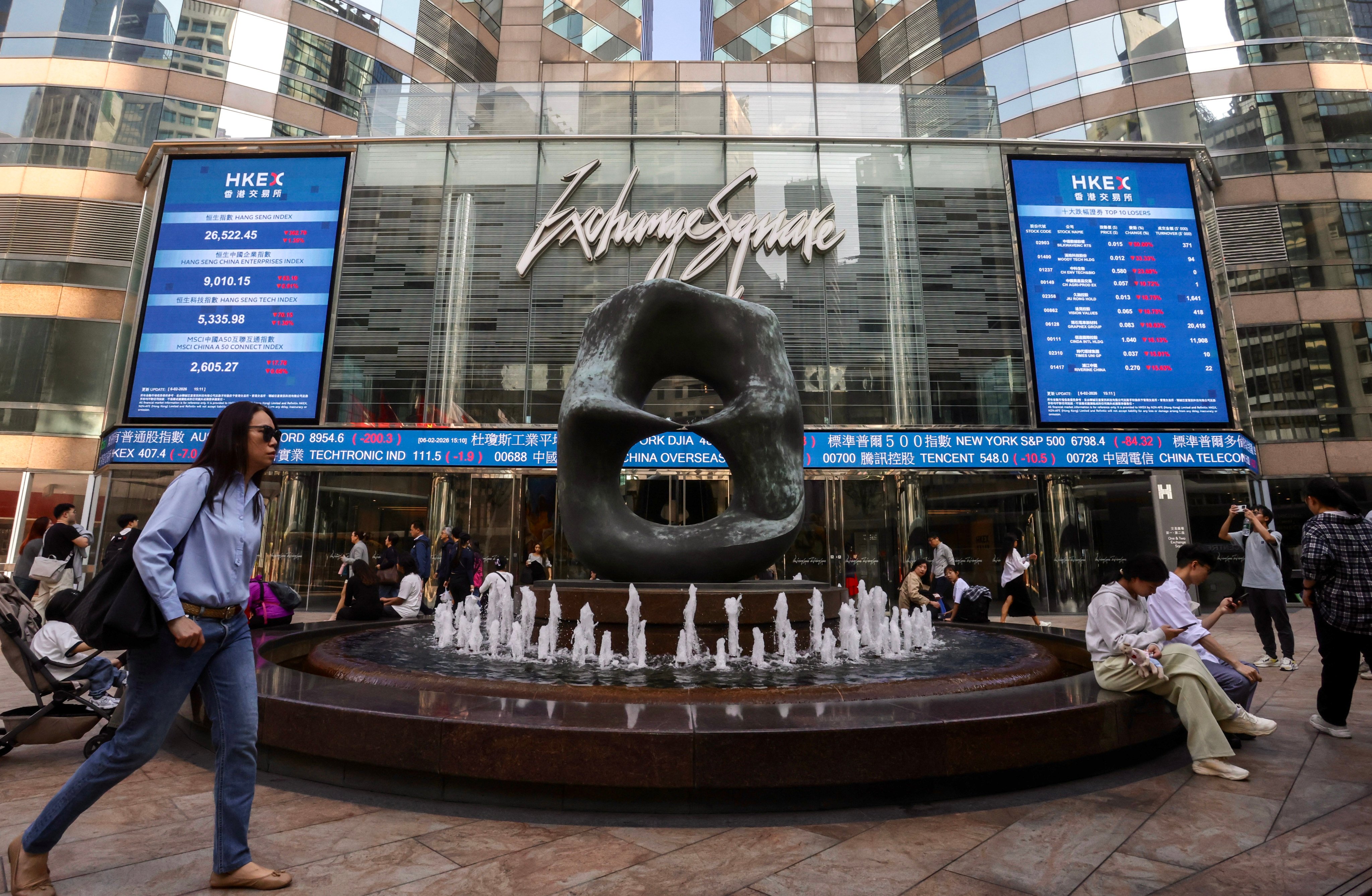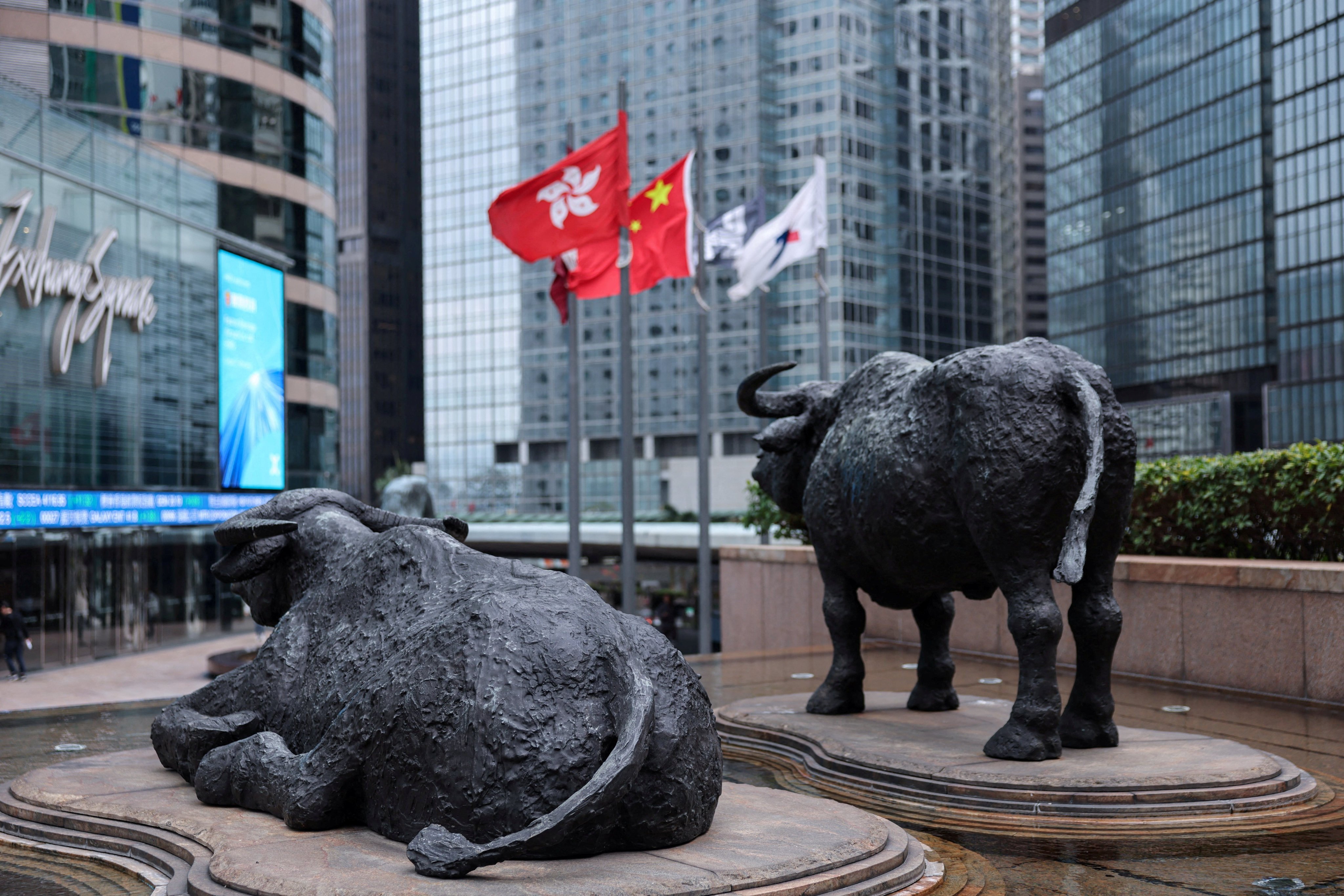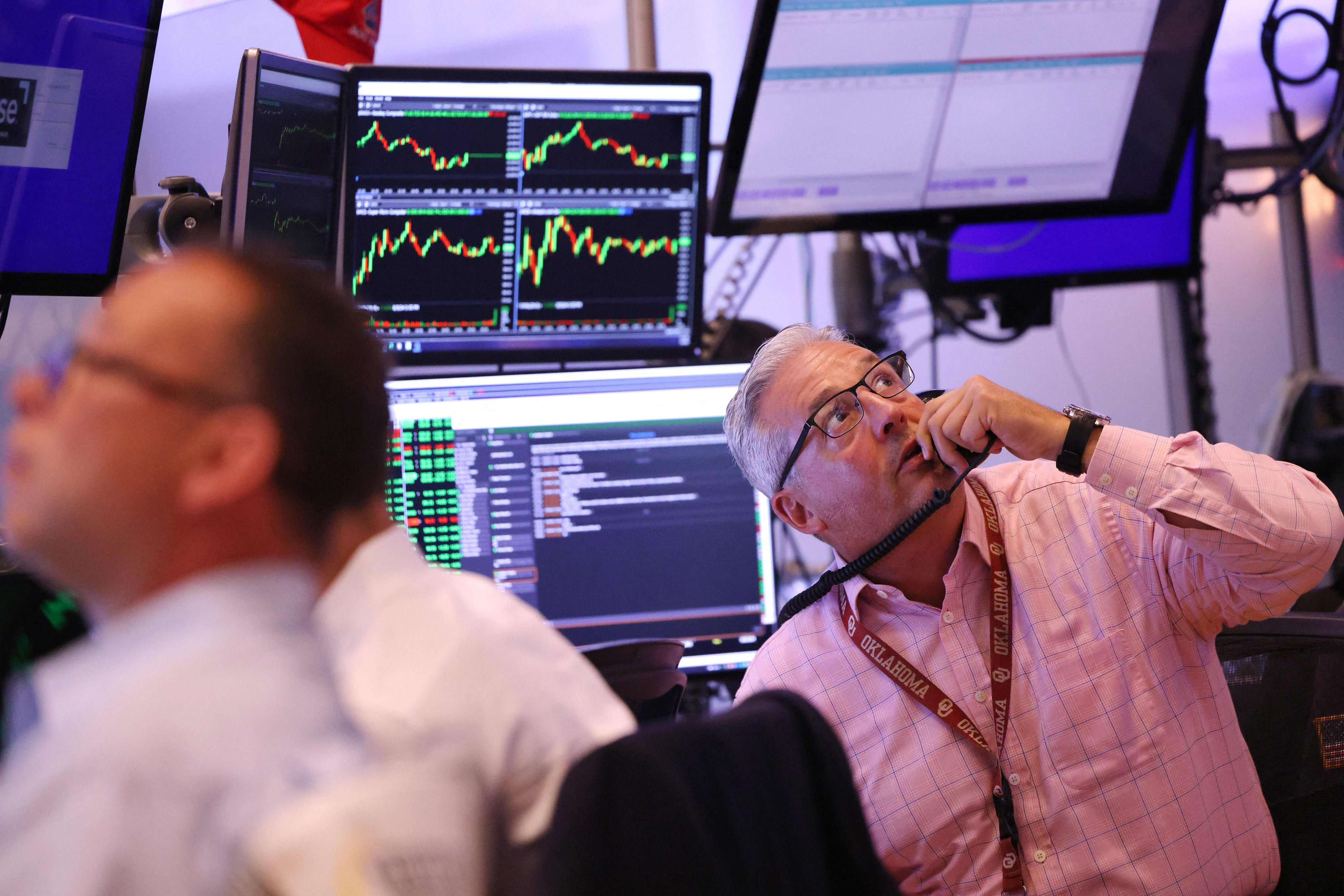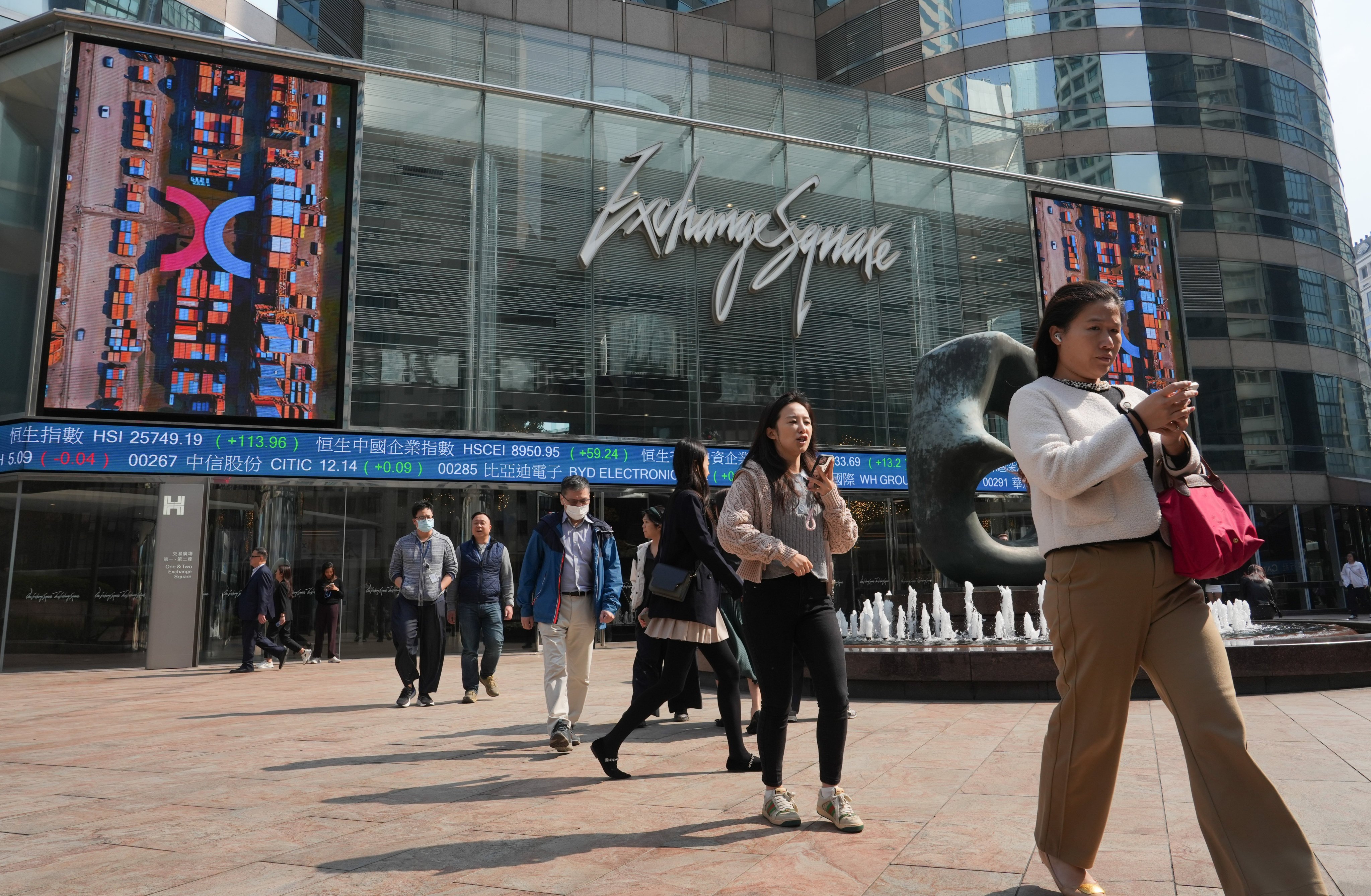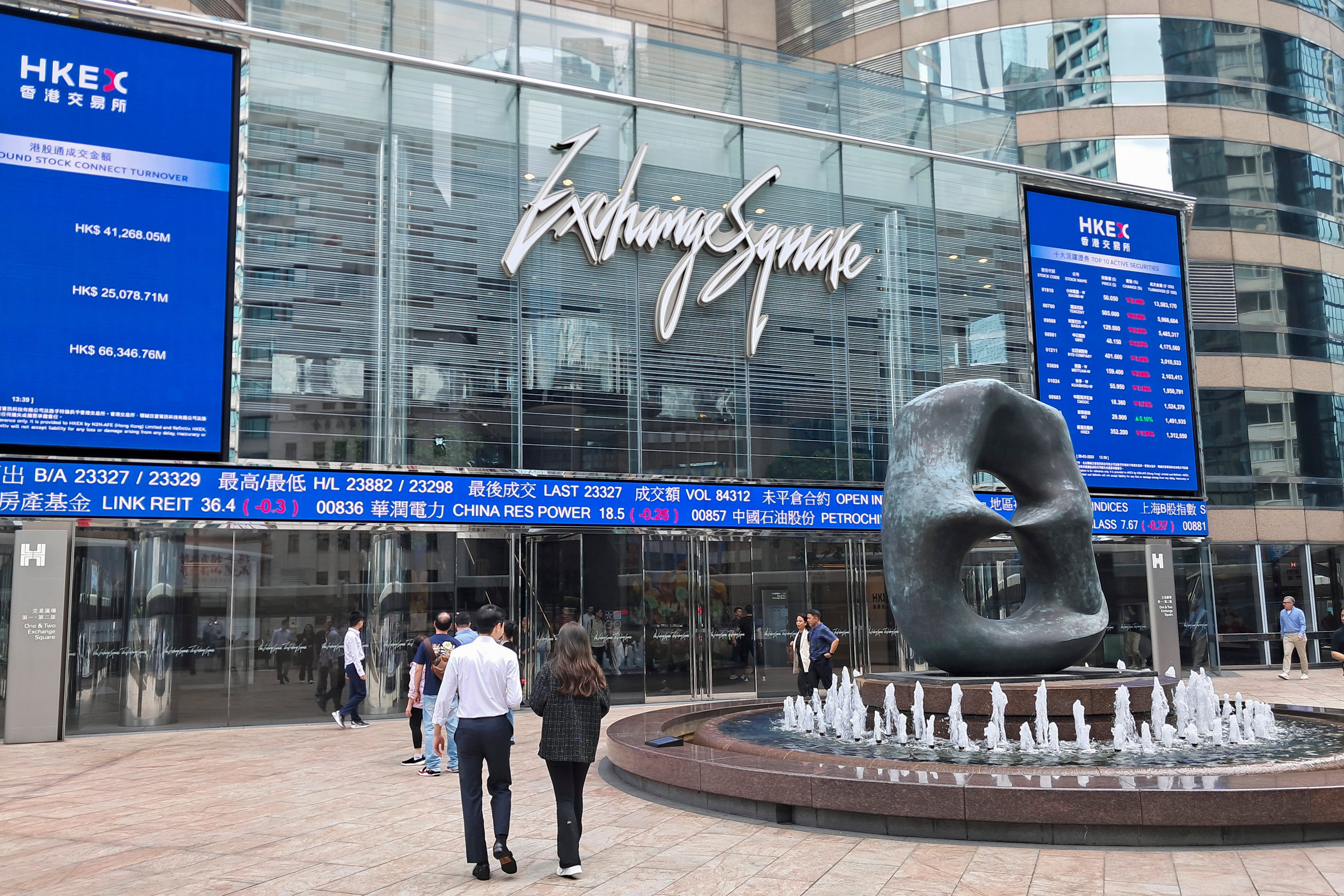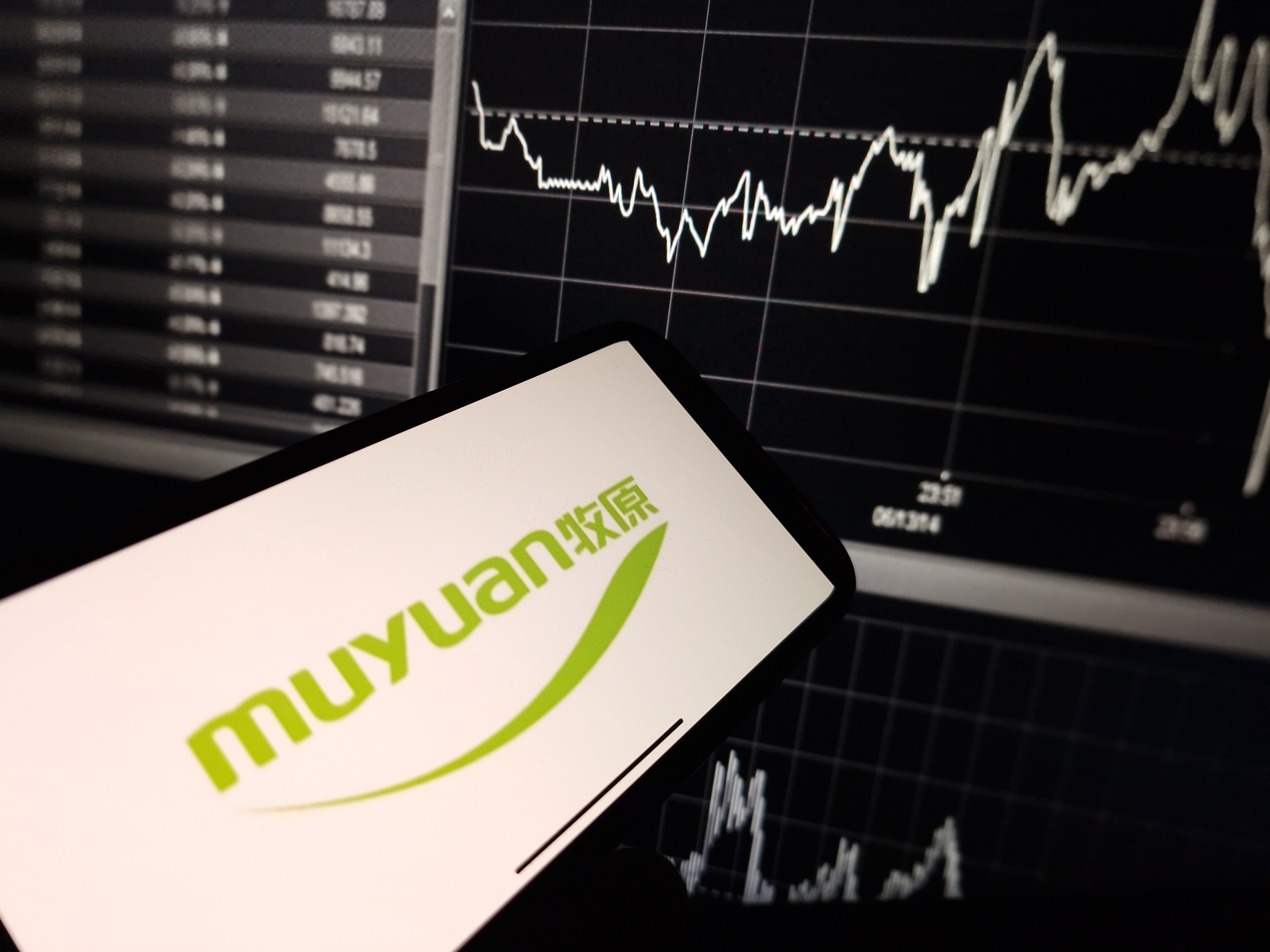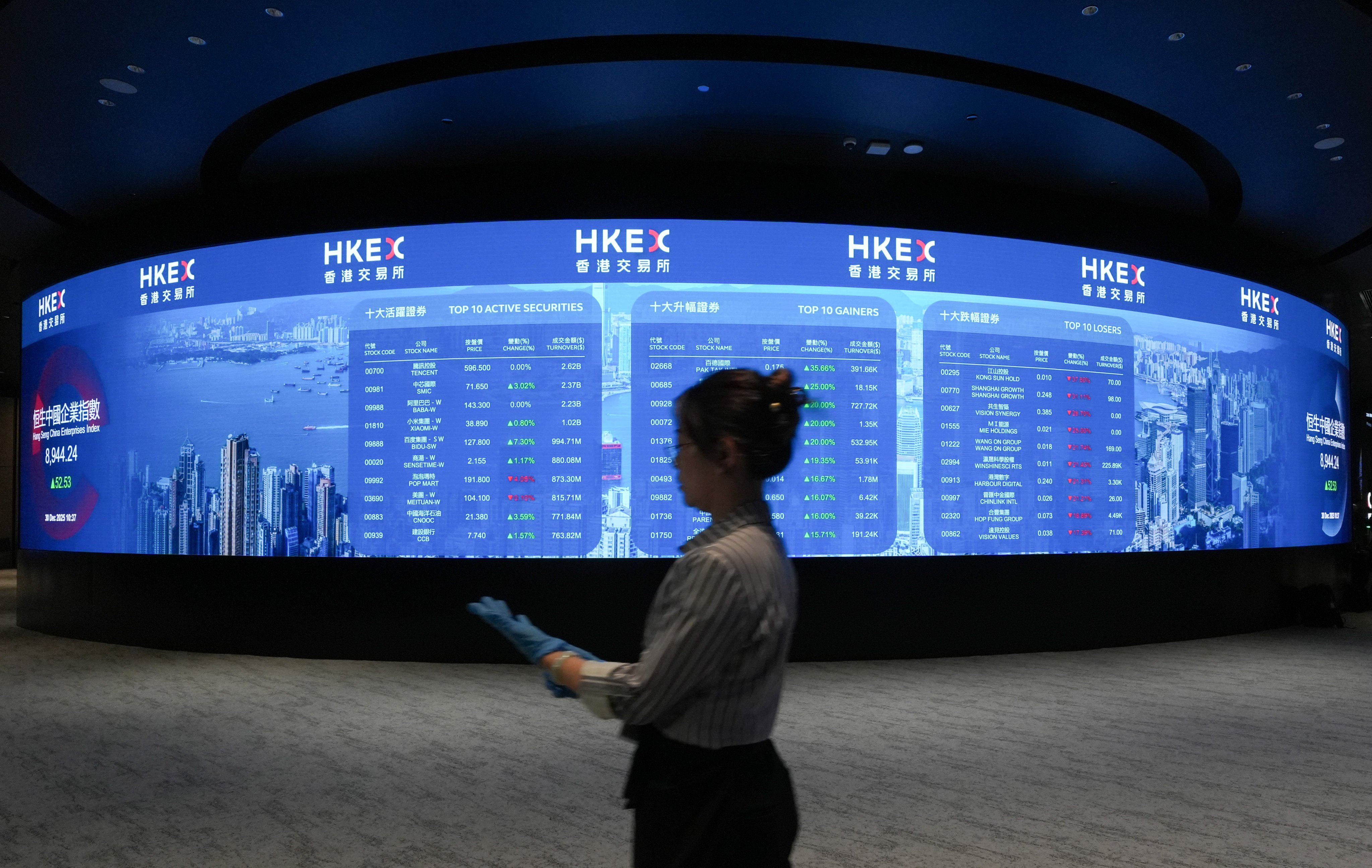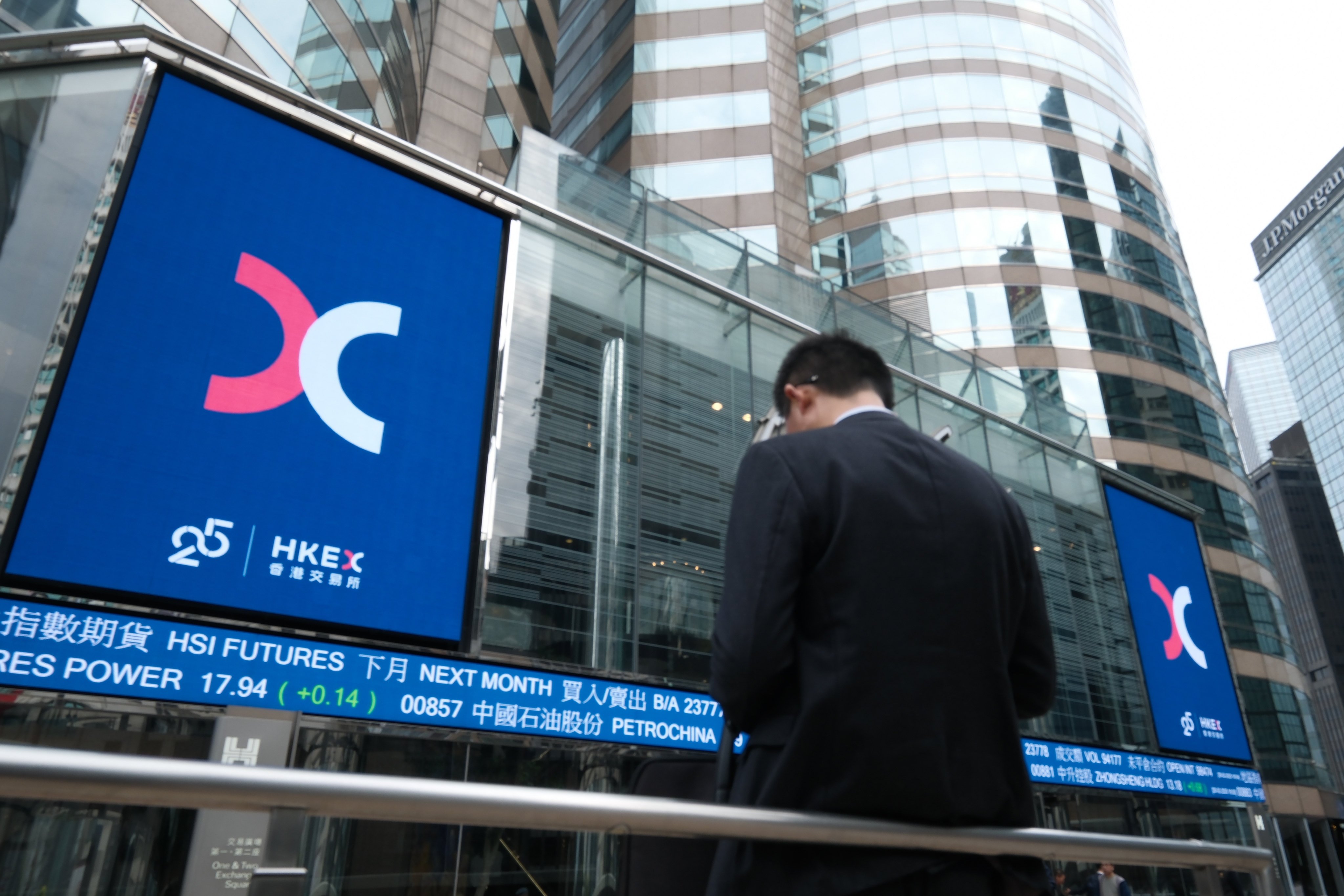Advertisement
Advertisement
TOPIC
Stock Connect
Stock Connect
The mechanism by which international investors can trade via the Hong Kong stock exchange to directly access stocks listed in mainland China. The scheme, launched in November 2014, adds more than 800 companies with market capitalisations equivalent to US$1 billion or more to the universe of stocks available to global investors. It marks a significant reform and liberalisation of China’s capital markets.
Help preserve 120 years of quality journalism.
SUPPORT NOWAdvertisement
Advertisement
Advertisement
Advertisement
Advertisement
Advertisement
Advertisement
Advertisement
Advertisement
Advertisement
Advertisement
Advertisement
